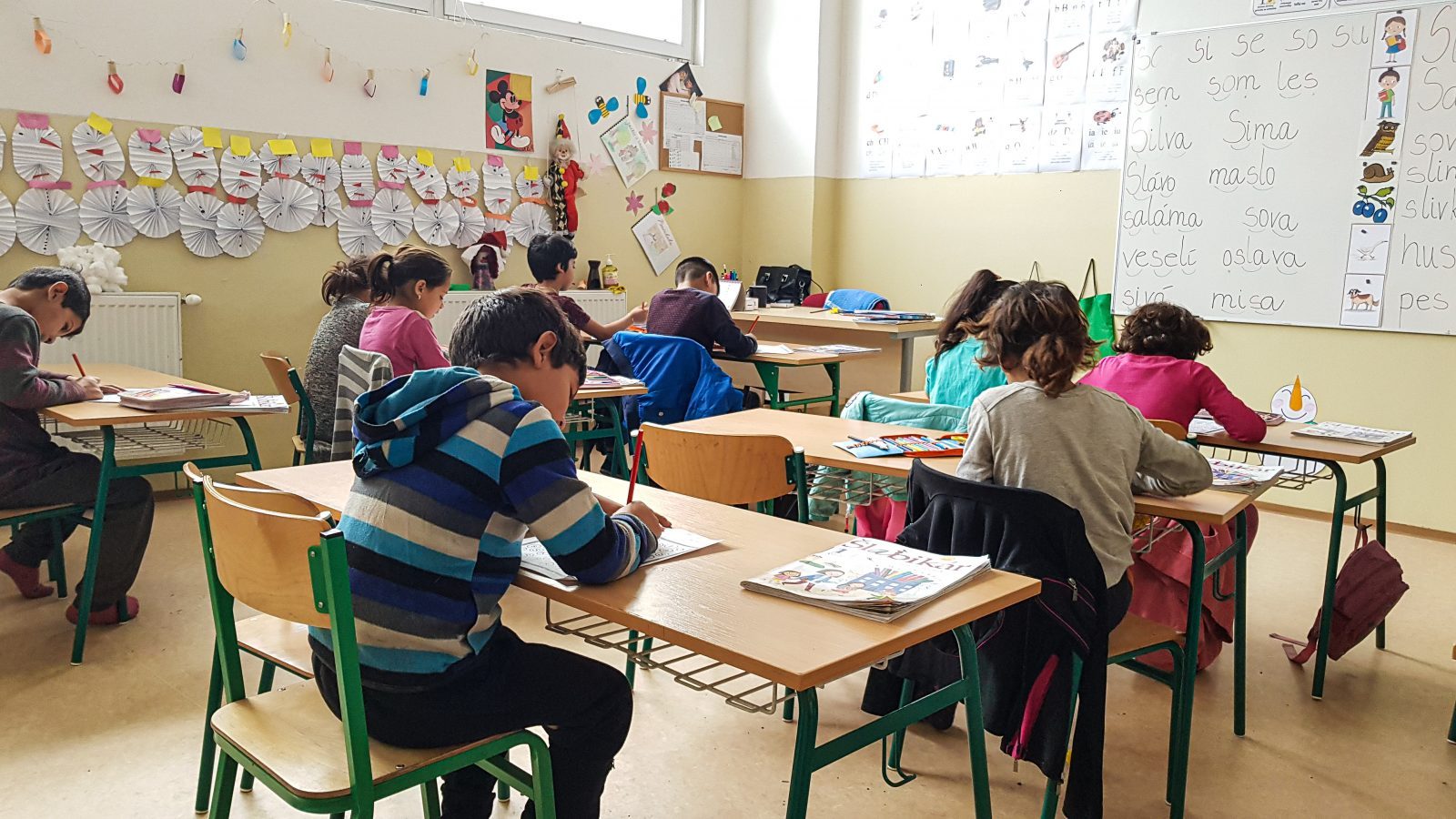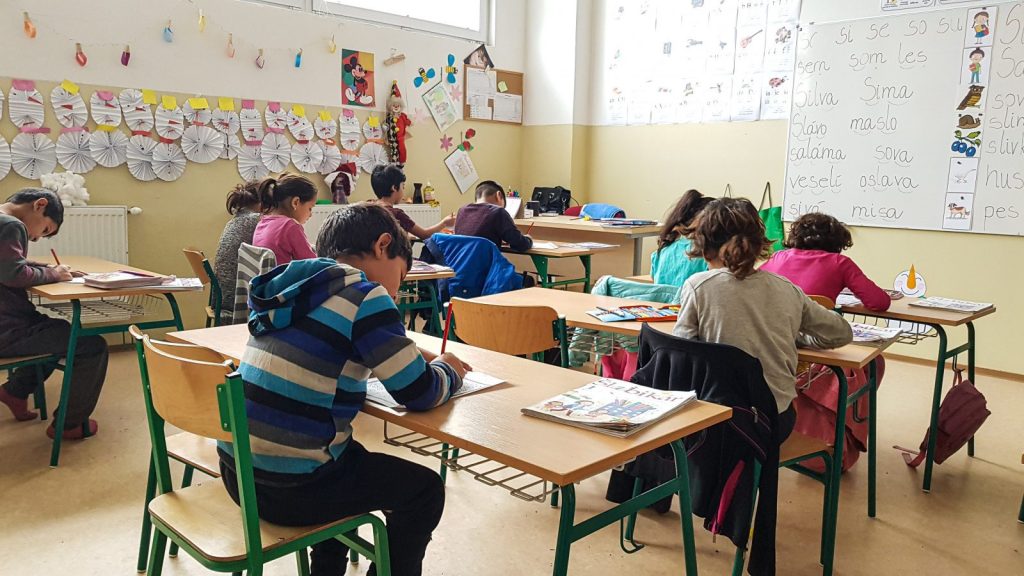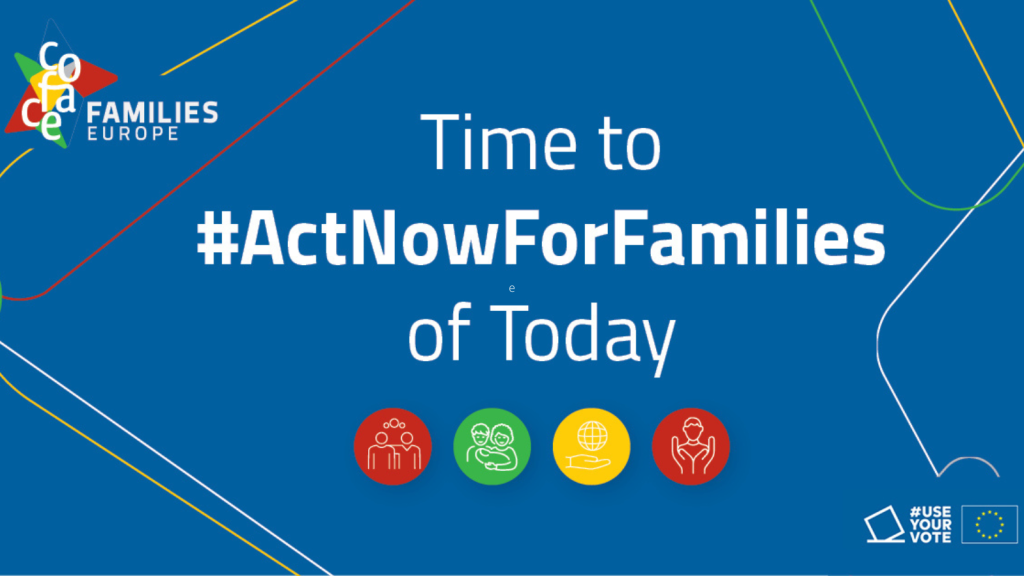Ethnic segregation is a widespread and systematic practice in many European countries. These practices are illegal yet continue to shape the lives of children and families across Europe. Our rights to education, housing, and health, ostensibly enjoyed by us all, remain divided along ethnic lines. For many Roma, their enjoyment of these rights is severely limited, often with the tacit support of the state.
Antigypsyism remains a shamefully powerful and prevalent phenomenon. It is a disease whose symptoms permeate every level of society. Its myriad of manifestations include police brutality, terror attacks to the denial of access to clean water and electricity.
Various action plans, strategies and campaigns have failed to address this reality. After decades of perhaps well-intentioned, but nonetheless hollow attempts from governmental institutions to meet their obligations, progress has simply not come fast enough.
One of the clearest manifestations of antigypsyism lies in the blatant segregation of Roma children in education. Roma children are consistently denied one of their most basic rights, with huge consequences for them and their families.
The segregation of children in schools based on ethnic origin is illegal. This has been declared in several rulings by the European Court of Human Rights. Yet, it remains widely practised. At national level, governments and local authorities have failed in their obligations to adhere to these rulings in any concrete sense.
Educational segregation not only includes schools where most or all of the children are of the same ethnic background, but also segregated classes within schools. In some cases, Roma children are segregated within classrooms, reserved to the back of the class. Roma children are also frequently placed in classes for children with learning disabilities. For Roma children with disabilities, this can constitute double discrimination as these classes are actually set up to avoid prohibitions on segregation and fail to address the needs and realities of Roma children with disabilities.
Roma children in segregated schooling receive an inferior education, precluding them from their right to study and to fulfil their potential. In one particular school, Roma children who were lucky enough to get vocational courses were used as free labour by a local manufacturing company. Roma girls in the same school were offered a nationwide programme that taught them to become “good housewives”. Deeply prejudiced stereotypes are frequently transformed into excuses for Roma children receiving an inferior education.
Not only do studies show that segregated education leads to worse outcomes but the ECtHR’s jurisprudence asserts that it is contrary to human rights.
Authorities use various justifications for these practices but segregation can never be justified. A common excuse from local authorities and schools is fear of ‘white flight’. This describes the fear that parents from the non-Roma white majority will remove their children from the schools, rather than be educated alongside Roma children. This cannot be an excuse. The prejudice and fear of one group cannot justify the oppression of another. It is unacceptable that antigypsyist attitudes are met with responses that further entrench the effects of antigypsyism.
The issue of segregation in education is both a symptom and catalyst of antigypsyism which exacerbates other areas of discrimination and exclusion. Educational segregation synergises with residential segregation, and the societal exclusion of Roma often begins long before school. Repeated and targeted evictions by authorities are not only extremely harmful in themselves, but can also lead to difficulties with school enrolment. In many places, Roma are segregated to colonies. When it comes to school enrolment, Roma are often rejected due to their association with these areas.
A similar pattern can be found in early years education and care. According to the REYN Early Childhood Research Study, almost 6 out of every 10 Roma child under 3 does not have access to Early Childhood Education and Care nearby. This loses a crucial opportunity for socialisation and early education, which not only impacts their learning but can pave the way for a life of exclusion.
Both the EU and the Council of Europe have released their plans for Roma inclusion in recent years. The new EU Framework for Roma Integration 2020-2030, replacing the 2011-2020 strategy, claims that its predecessor made marked improvements in education. Despite this, cases of segregated schooling actually increased, as did the share of Roma youth without employment, education or training.
The framework for 2020-2030, now in its 4th year, set a target of reducing the number of Roma children in segregated schools by half. Considering that the top European human rights court has declared the practice to be illegal, this seems unambitious.
Of course, antigypsyism is so ingrained within European societies that it would be naïve to portray its elimination as easy.
The accession of many EU member states with large Roma populations led to a wave of focus on issues faced by Roma. Unfortunately, this focus has been marred by poor implementation and a lack of Roma participation. As the EU prepares for a new wave of accession states, also with significant Roma populations, it is essential that past mistakes are not repeated.
The fact is, whilst previous efforts such as the Decade of Roma Inclusion can be credited with their agenda–setting effect, most Roma were not even aware of such a decade.
Eradicating segregation within Europe needs radical change. It requires looking deeply within European society, its historical construction, its prejudice, and its continual hostility towards its largest ethnic minority. Roma are at the forefront of their own liberation, and it is time for European institutions to recognise that efforts to combat exclusion cannot exclude the very people they seek to include.
Eliminating segregation, whether educational or residential, requires focused and targeted measures. This necessitates funding, implementation and urgency. Above all, it requires uprooting and destroying antigypsyism wherever it lies. It demands deep structural changes that so far have been absent.
About the author: Patrick Gergő Jefferson is a former Policy and Communications Assistant at COFACE Families Europe. As a visiting researcher at the University of Coimbra, he researched discrimination against Ukrainian-Roma asylum seekers after Russia’s invasion of Ukraine. He presented this research in a conference by Taras Shevchenko National University of Kyiv. He mostly works within the fields of climate justice and migration, and completed a thesis entitled: Nature, Capital and Climate Justice: Interconnected Crises, Rights-Based Approaches and the imperative for radical change.
**DISCLAIMER: All opinions in this article reflect the views of the author, not of COFACE Families Europe**
Photo: BIRN-Miroslava-German-Sirotnikova





